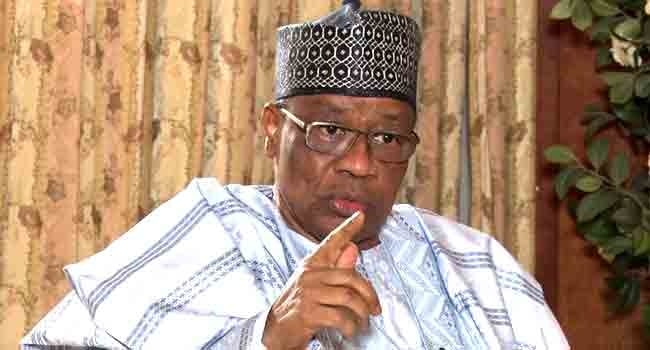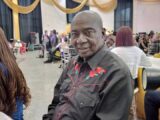
IBB Breaks Silence: Abiola Won June 12, 1993 Election
Former military president General Ibrahim Badamasi Babangida (IBB) has publicly acknowledged that the late Chief Moshood Kashimawo Olawale (M.K.O. Abiola) was the rightful winner of the June 12, 1993, presidential election. This admission, coming 32 years after the historic vote, has sent shockwaves through the nation, sparking reactions from political leaders, historians, and citizens alike.
In an exclusive interview yesterday, Babangida expressed deep regret over his decision to annul the election, widely regarded as Nigeria’s freest and fairest at the time. “The results were clear to me immediately after the election. Abiola won, and I knew it,” he confessed, confirming what many Nigerians had long suspected. He attributed the annulment to intense pressure from a military cabal led by the late General Sani Abacha, who later seized power in a coup. “It was a mistake I have lived with, and I regret the pain it caused the nation,” he added.
Trending Now!!:
The June 12, 1993, election saw MKO Abiola, a prominent businessman and philanthropist, emerge as the frontrunner against Bashir Tofa of the National Republican Convention (NRC). Despite early results showing Abiola in the lead, Babangida’s regime abruptly annulled the process, citing unspecified irregularities. The decision triggered widespread protests, political unrest, and Abiola’s eventual arrest after he declared himself president in 1994. He later died in detention under mysterious circumstances in 1998.
What’s Trending With @OjyOkpe – IBB Admits Abiola Won June 12 Elections, Regrets Annulment.
— ARISE NEWS (@ARISEtv) February 21, 2025
Former military head of state, Ibrahim Badamasi Babangida has acknowledged that the late MKO Abiola won the presidential election held on June, 1993.
IBB’s revelation came at the… pic.twitter.com/Ey88oCdvSj
Reacting to Babangida’s confession, President Bola Ahmed Tinubu commended the former leader for finally speaking out. “This confession, though long overdue, is a step toward healing the wounds of the past and recognizing the sacrifices of MKO Abiola and countless Nigerians who fought for democracy,” Tinubu stated. As a key figure in the pro-democracy movement of that era, Tinubu urged Nigerians to reflect on the significance of June 12 as a cornerstone of the nation’s democratic journey.
Public reactions have been mixed. While some see the admission as a long-awaited vindication of Abiola’s legacy, others dismiss it as too little, too late. “The damage was done—lives were lost, and democracy was delayed. What does this change now?” lamented Lagos-based activist Funmi Adebayo. Meanwhile, social media has erupted with a mix of shock, relief, and skepticism as Nigerians debate the implications of Babangida’s statement.
Historians note his remarks align with unofficial tallies and eyewitness accounts from 1993, though official election results remain undisclosed. The confession has renewed calls for declassifying documents related to the annulment, with advocacy groups urging the government to provide full transparency and closure on this dark chapter of Nigeria’s history.


